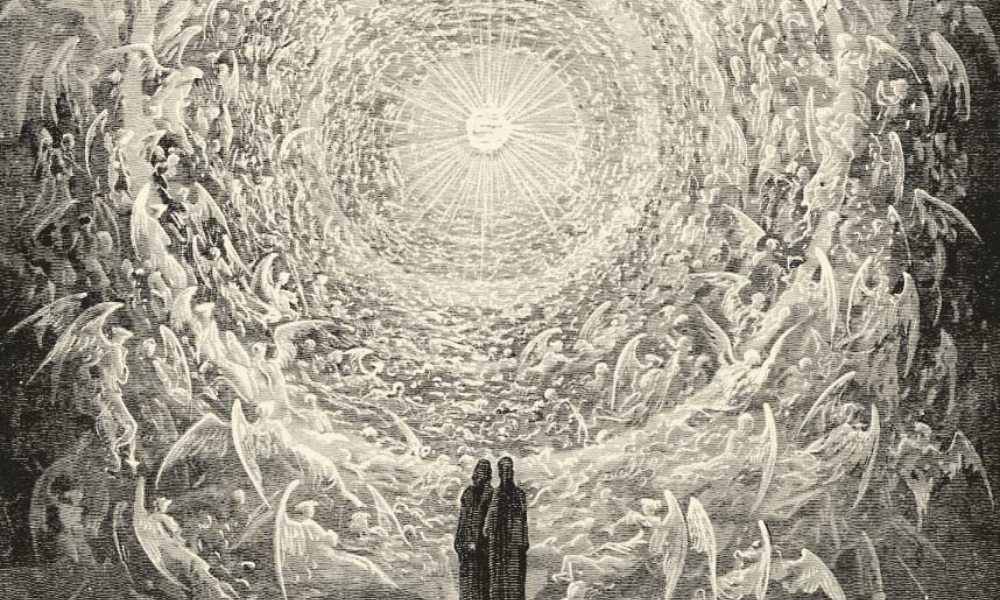This article was originally published in the December 2006 issue of Moment.
One of the many reasons I so respect Judaism is its unique take on the afterlife: While it unambiguously affirms an afterlife, it is preoccupied with this life. That is a middle-road position found nowhere else. In fact, it is so middle of the road that many Jews find it hard to travel on.
As the great—secular—work of Jewish scholarship, the Encyclopedia Judaica, notes in the first sentence of its article on the subject, “Judaism has always affirmed a belief in an afterlife.” At the same time, however, the Torah is virtually silent on the subject. And this has led many Jews to erroneously infer that belief in an afterlife is a later addition, adapted from non-Jewish sources.
But the Torah’s silence is calculated. To understand why, it is necessary to appreciate that the Torah is in large measure a repudiation of Egypt, especially Egypt’s preoccupation with death and the afterlife. Nothing symbolizes ancient Egypt as much as the pyramids, which are simply elaborate tombs built by countless slaves who suffered and died building them. Likewise, Egypt’s holiest work, its bible, was the Book of the Dead.
In order to wean the Jewish people away from Egypt’s—and the rest of the world’s—preoccupation with death, the Torah had to be silent regarding the afterlife. Any direct mention of it would risk preoccupation with it. And the Torah is concerned with hallowing this life.
The rabbis of the Talmud were certain there is an afterlife; and a moment’s reflection on the question should lead anyone who believes in a good God to the same conclusion: Why would God make a world that is so manifestly unjust without some mechanism to right that injustice? How could God be good and not rectify the suffering of the good and the prospering of the evil? If there’s no afterlife, God is not good. And finally, why would a non-physical God create a world that is only physical?
But, again, the Torah understood the dangers of talking about the next life. Given the brevity of, and the amount of unjust suffering in, this life, it is all too easy to become fixated on death and the hereafter. Eastern religions such as Buddhism are predicated on escaping earthly existence, not celebrating it. Christianity’s central question for its adherents is: Where will your soul spend eternity? Without that question, there is, for Christians, no reason to believe in Christ. And more than a few Muslims have taken preoccupation with the afterlife to the most radical conclusion possible—slaughtering innocents while killing themselves in order to have a good time in heaven.
On the other hand, many Jews have taken the Torah’s silence and Judaism’s emphasis on this life to an equally radical conclusion in the opposite direction—that all that matters is this life. This is why Jews disproportionately supported Marxist and other materialist (meaning matter-based) doctrines. This is why radical, i.e., utopian, politics so appeals to many Jews: since they believe in no heaven, they aim to make this world into heaven. That is almost as far from Judaism as is the belief in dying in order to be greeted by 72 virgins. But those two opposing beliefs have one thing in common: they both make hell on earth.
Even many contemporary rabbis and other non-secular Jews have come to subscribe to the notion that Judaism is only concerned with this life and there is no afterlife. That is why one so often hears rabbis and others eulogize that “so and so lives on in the loving memories of his children” or “through his good works.”
It is difficult to overstate how foolish and even offensive those clichés are. If one only lives on in the memories of one’s children, presumably Jews who have no children, or who have lost their only child, or whose child is a ne’er do well, do not live on. What does such a notion say about the Six Million, nearly all of whose adults lost all their children? What does it say about young children and teenagers who die? And as for “living on through our good works,” that is even more absurd, for the reality is that Hitler lives on through his bad works far more than almost any of us will live on through our good works.
And even those who do have children who do lovingly recall their parents, for how many generations will they be recalled? How many readers of this column can name their great-grandparents, let alone recall a single thing about any, let alone all, of them?
Jews (and others) heed to be intellectually honest and acknowledge that either we live on after this life or we don’t live on at all. Judaism’s genius has been to affirm the afterlife while having us focus our attention on this life. We should honor that position and not rewrite it with meaningless clichés.
Dennis Prager has a national radio show and is the author of four books.
You are important to the conversation. Please contact us at editor@momentmag.com and let us know what you think.

